The Levi's® brand and Nike, two titans of American culture, have joined forces once again for their most anticipated...
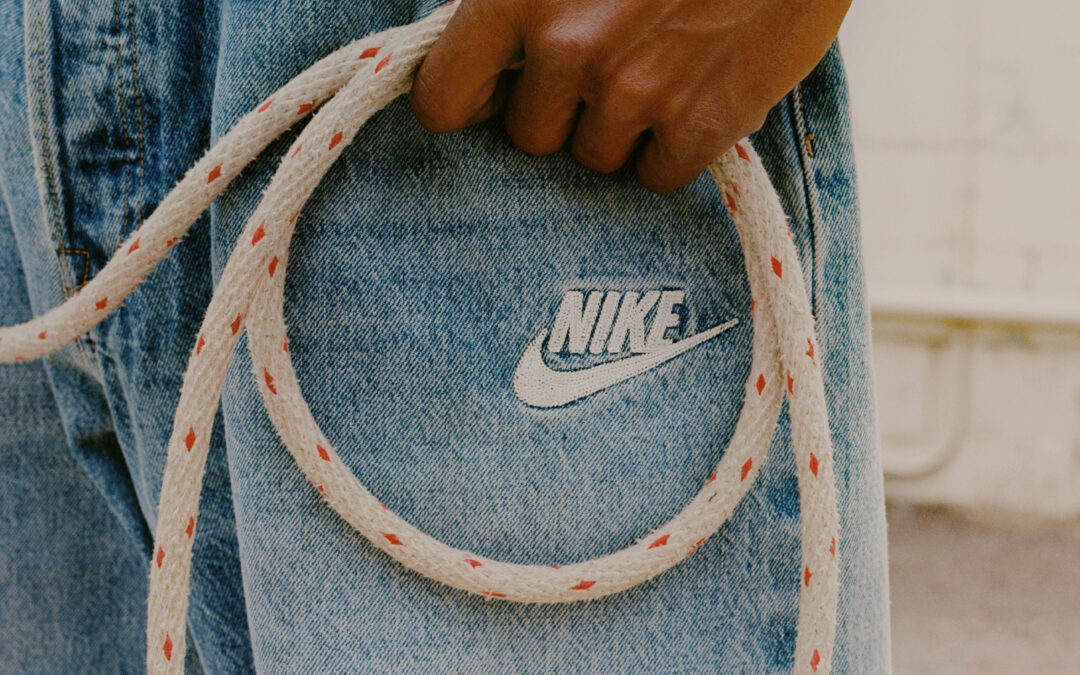
Pop culture, op-eds, think pieces.
Food, friends, fun, fashion, dating and experiences.
The internet and everything in between.

The Levi's® brand and Nike, two titans of American culture, have joined forces once again for their most anticipated...
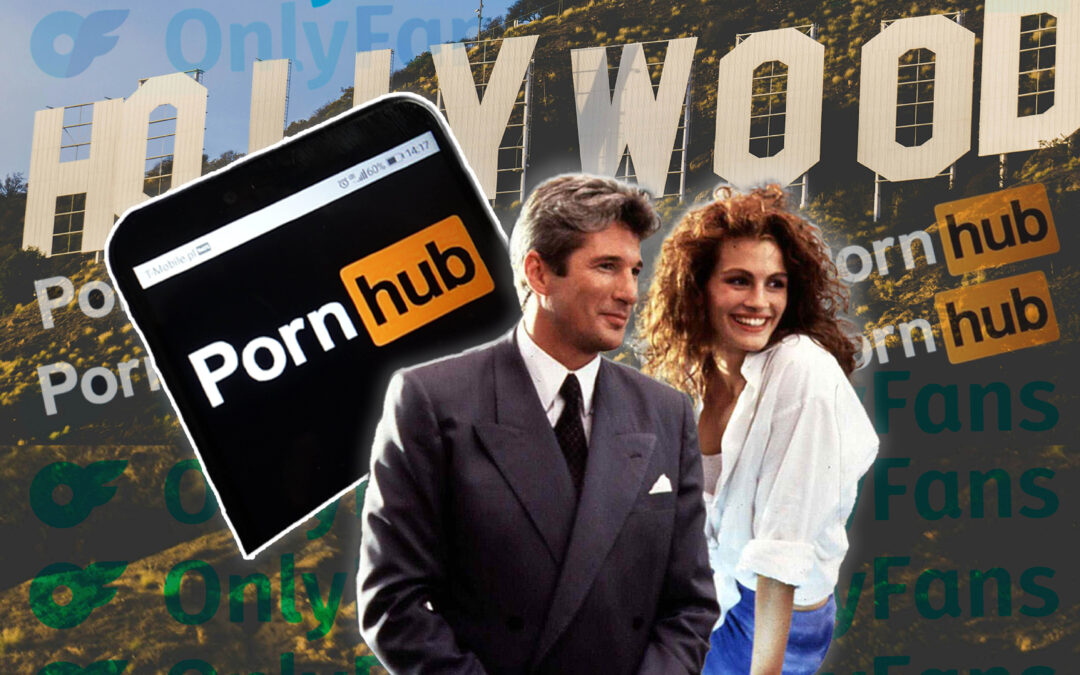
While entertainers get into the industry for varied reasons, two points of motivation are consistent. 1) Sex work...
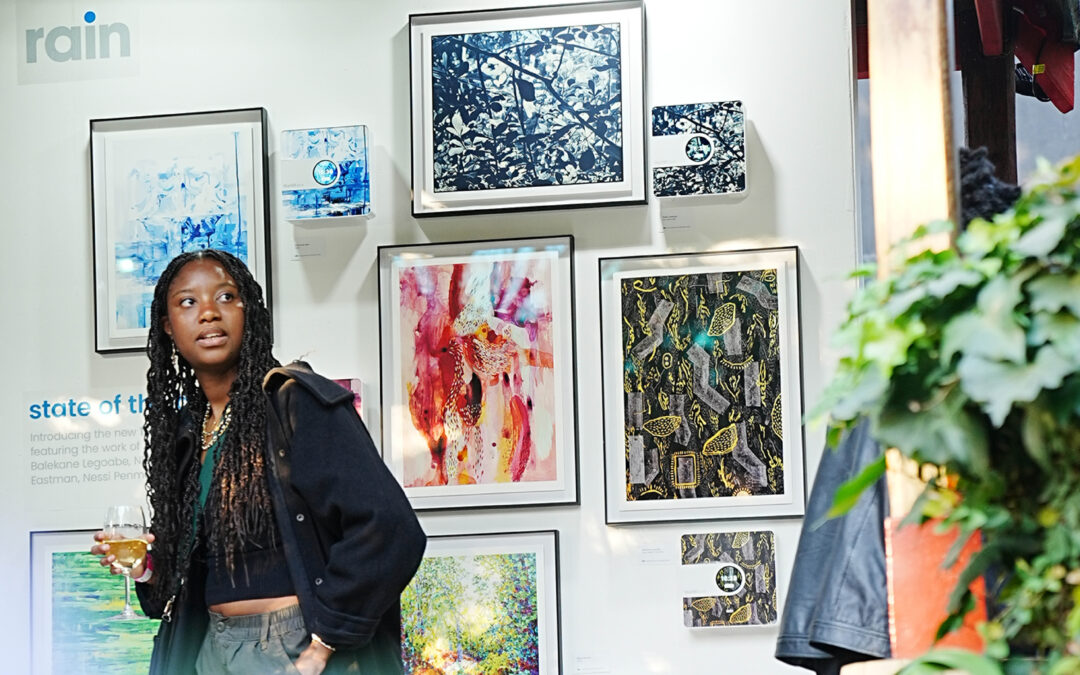
The 2025 RMB Latitudes Art Fair took place at the Shepstone Gardens in Johannesburg from 23–25 May 2025. The Fair has...
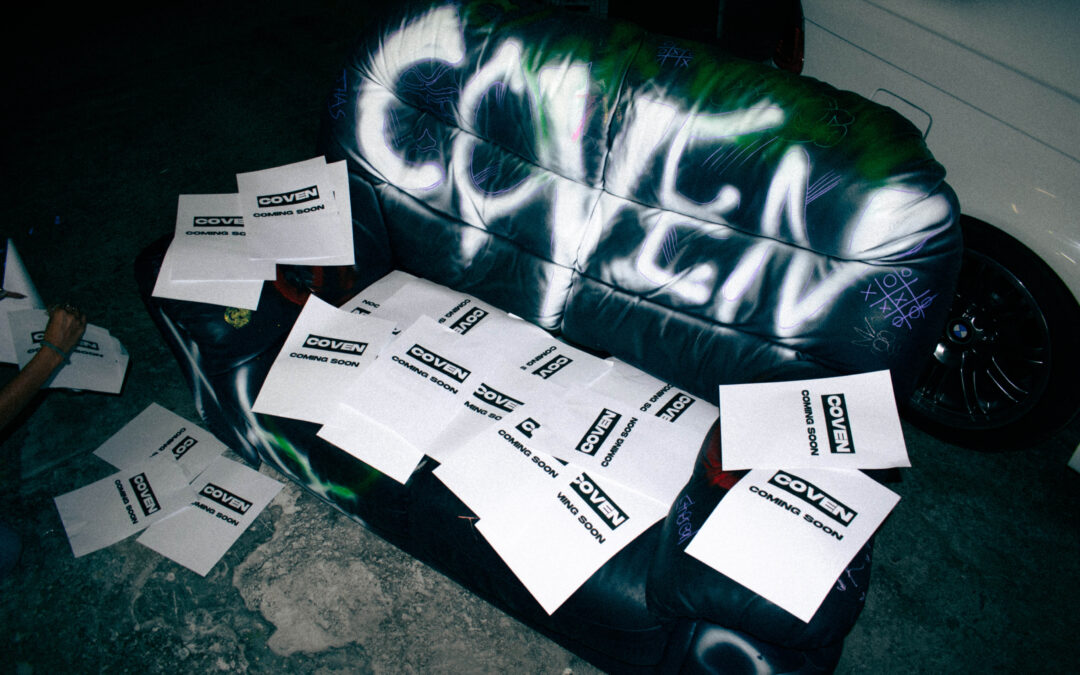
According to COVEN, a new Cape Town-based collective, “Club culture is not dead — it’s simply on life support and in...

Movement is medicine, and having consistent fitness or sports practice is one of the most critical ways that we can...
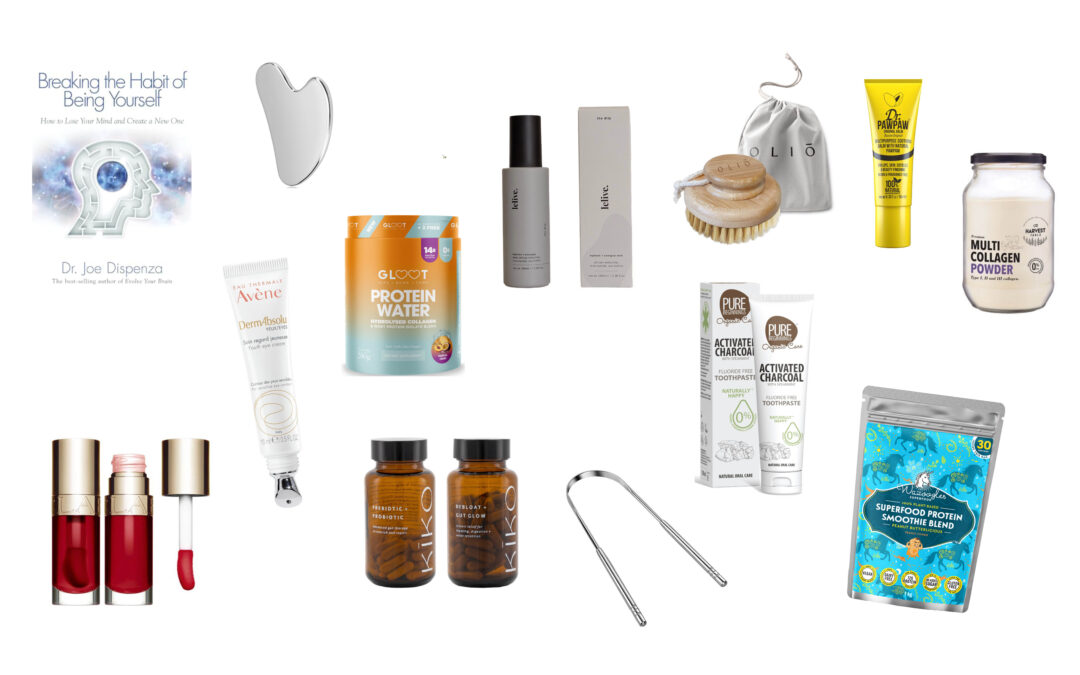
Last month, we did a round up of our favourite Takealot Cult Classics - you loved it so much, we decided to bring you...

Do you ever feel like, if you don’t go out for a R400 lunch at a second-best friend’s acquaintance’s luncheon, you’ll...
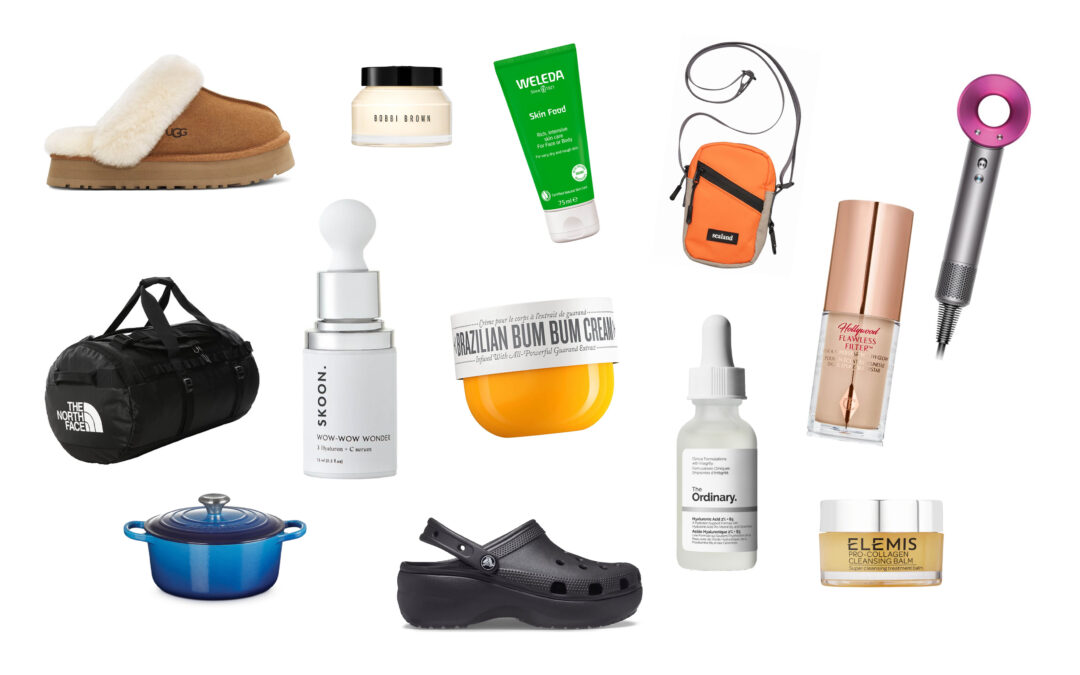
Amid fleeting trends and viral hype, some products earn their place in the hall of fame as unshakable cult classics...
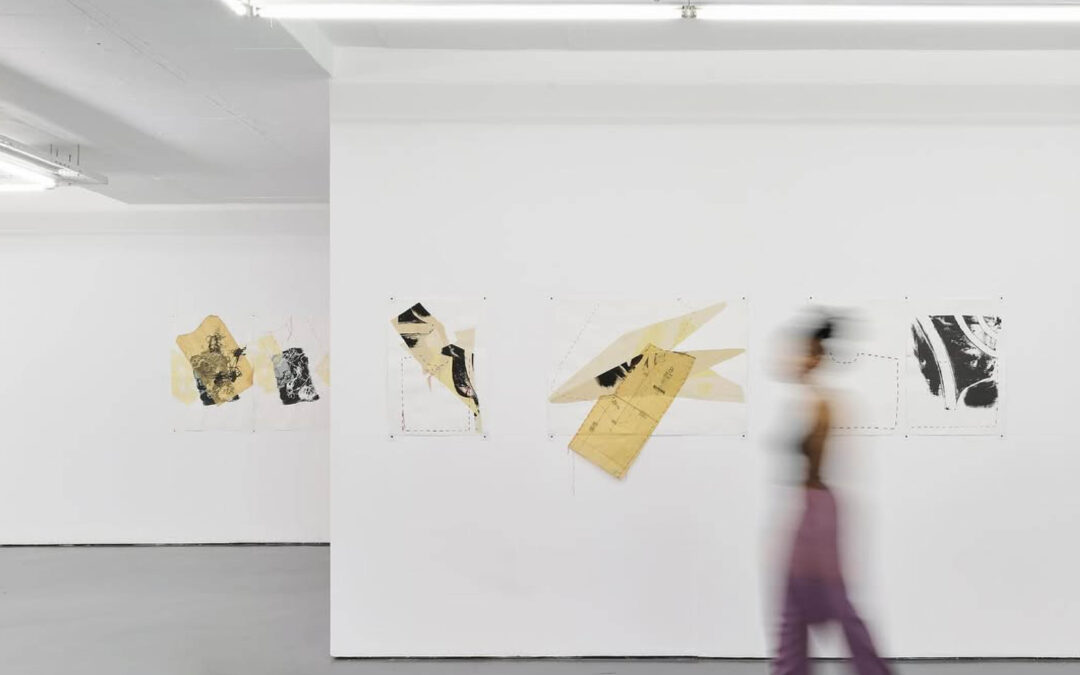
Even for those already initiated into the frenzy that is Cape Town’s ‘art week’ — brought on by the annual Investec...
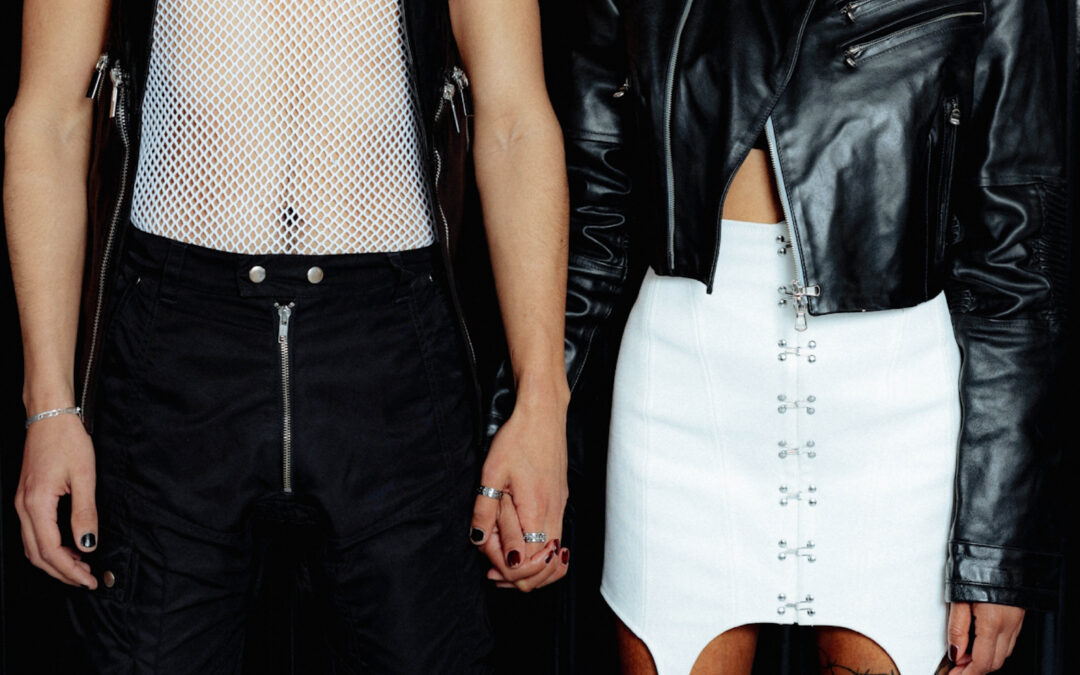
At face value, technology and all of its mediated interfaces bring us closer. When we’re online, distance is reduced...
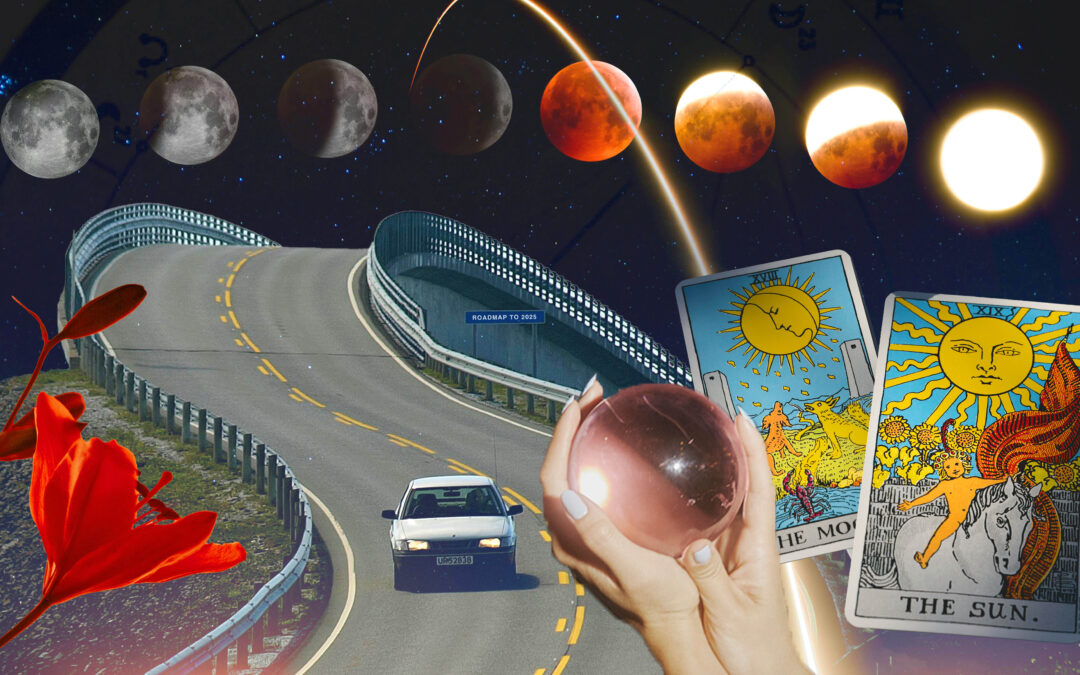
Picture this: the year has just begun and things are feeling eerily slow. Mars, who usually sets us alight with a kick...
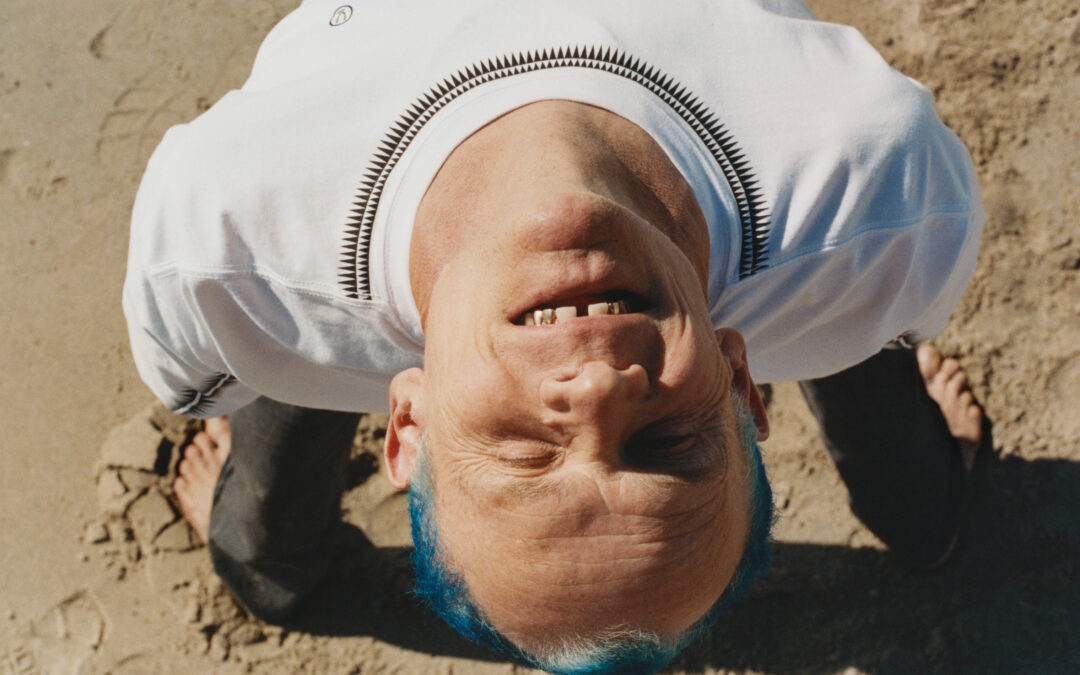
Levi’s® and UNDERCOVER have joined forces for the second time, combining UNDERCOVER’s Tokyo subculture aesthetic with...